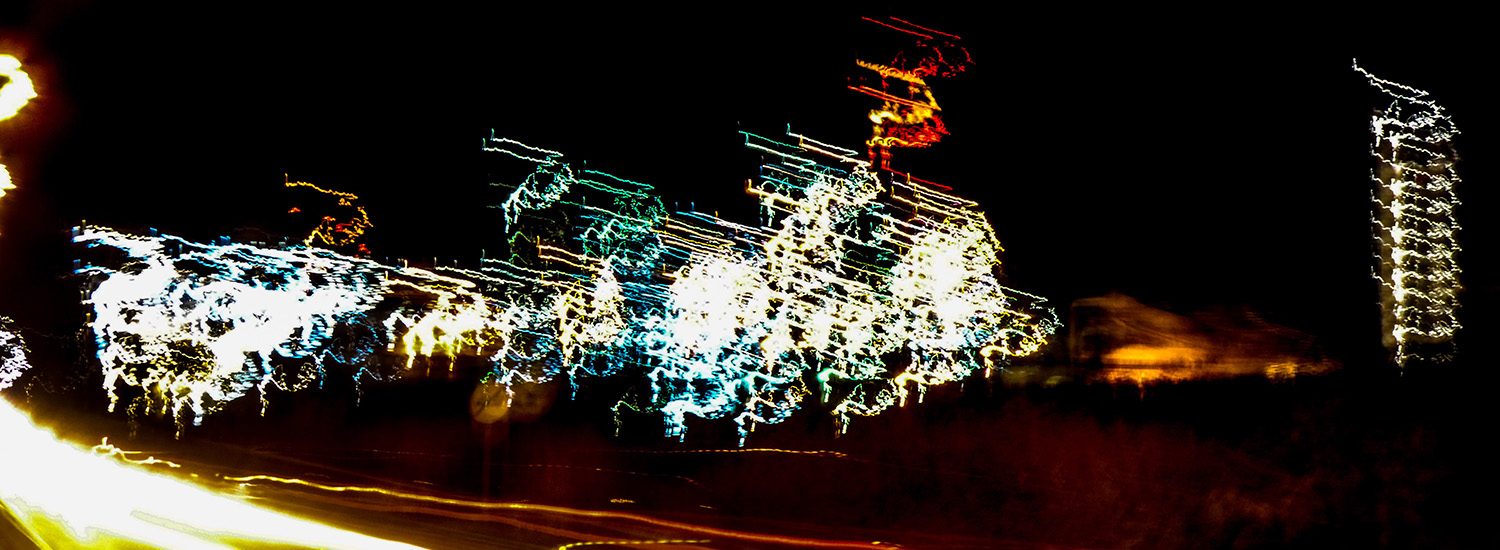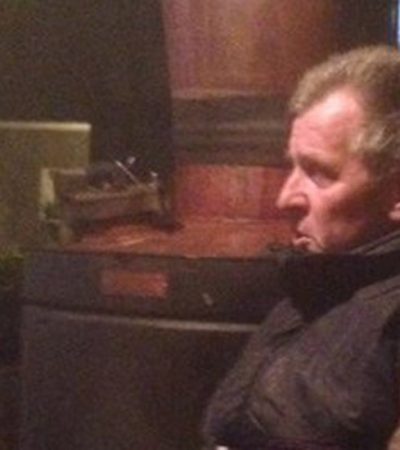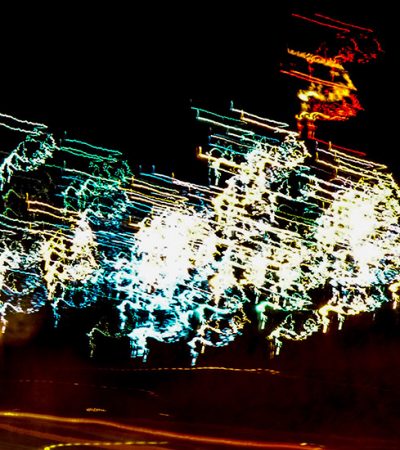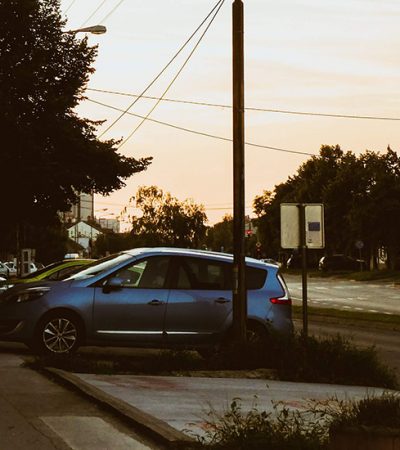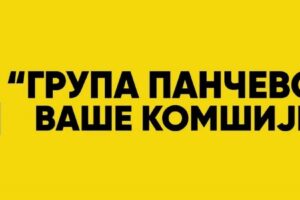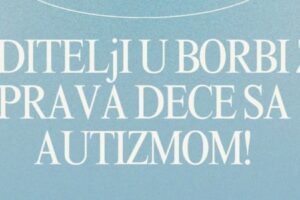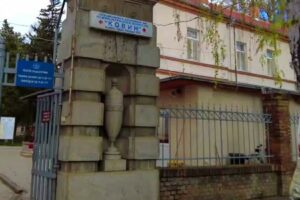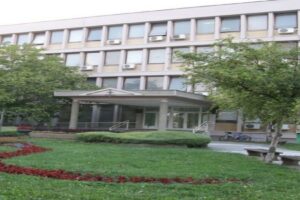I never know the right way to say this, and I totally overthink it. It should be so simple. After all, it’s a basic fact, right? Someone asks me a question, “Where are you from?” and I answer the question. It is what it is. But I always get such a strong reaction from my audience. It often elicits a look of admiration, maybe longing, maybe something else. At the very least, it evokes curiosity. People want to know what it’s like to be part of this powerful nation, this glorified place that they see in all the movies and all the news. In Turkey, walking through the Grand Bazaar, people would call out, “Where are you from?” and I would say, “I’m from America.” They would shake my hands and fist-bump me. On the bus in Bosnia the man checking my passport saluted me. In Albania a man invited me for coffee and then shouted out to the whole neighborhood that he had an American with him and the neighbors all came out to see. His granddaughter was brought into the living room and instructed, “Say hello to the American. Maybe one day you’ll find one to marry.” Countless men I’ve come across in my travels have jokingly (but you know they’re also a little bit serious) suggested they could pay me to marry them for a visa.

So when someone asks me the simple question, “Where are you from?” I’ve experimented with different ways of replying, playing around with variations in tones and facial expressions. Do I smile, and say enthusiastically, “I’m from America!” Or will that make me seem like I think I’m just so special to be from there? Do I keep my tone dull and monotone and hold my eyebrows perfectly still, to say robotically, “I’m from America.” Or do I say it in such a bored way, that my audience can’t help but feel bored and uninterested in hearing the answer to their own question? Then again, do I make something up, and say, “I’m from Spain,” since I speak Spanish and I have visited Spain, so I could probably make up enough for the story to seem believable.
Should I be proud to be American? Isn’t it just random chance who is born where? I have always been a big believer that people should be proud of their heritage. When people immigrate to America, I encourage them not to forget their first language, to keep their names and not try to change them to sound more American, to embrace their own culture and heritage. Does that also apply to someone from America? When a person comes from a country that has had such power and influence over most other countries in the world, from a nation that has started wars, finished wars, been the deciding factor of who wins a war that is not theirs? A country that has the power to step into a fight not their own and say, as if to two children, “Now now, listen here. Play nicely or we’ll drop some bombs on you.”

Just last night I was out walking around Pancevo’s city center when I found a live concert going on outside. They were playing rock and roll, and my friend told me they were doing their own version of Woodstock that day, albeit a couple weeks later. I met a guy and we spoke about life in Serbia and my experience traveling here. We talked about a community project I’m working on, compiling works from local Serbian writers and artists and American writers and artists, asking everyone to contribute something about Serbian culture. It is a collaboration, with the end goal being to encourage American people to get involved with Serbian people. They can learn about their culture and build friendships and bonds. My new friend agreed to contribute something to the project himself. He told me about his college days in Novi Sad, how it was one of the happiest times in his life. Then, he relayed his personal memories from the bombing by NATO. They had been hearing about it on the news and it was being talked about everywhere, until, finally, they got the word that the planes had left from Italy. They realized, “Ok. This is real. It’s really happening.” He was on a bus on its way to a shelter when the first ones hit. He made the sound effects. Boom. Boom. By the time he made it to the shelter, the bombs had stopped for the night and the people there spent the night in silence. I could see the story in his eyes like a movie.
Other Serbs have also told me their accounts of the bombing. One friend said he was a child and it was his birthday and he was having a party. Then the sirens started and all the other children went home immediately; he was left alone. Two of my other friends relayed how their parents handled the situation when it came to the kids. One girl said her mom was completely honest with her children and told them exactly what was happening. One guy said his parents tried to keep them innocent during it all, making it seem like the bombs were fireworks and they were having a party.

It’s not easy for me to hear these tales because they make me sad. How can I celebrate my cultural heritage when I enter as a visitor into these countries with my beaten old backpack and my hiking boots and state a simple fact like, “I’m from America.” As soon as they hear these words, people eyes shift to the distance because they’re no longer seeing a lone girl making her way through foreign streets. Instead, they are brought back to other times, far in the past, and then even more recently, to a tragedy that killed their family and friends.
I think we call that ‘baggage.’
No one is blaming me for the bombing from NATO. I know that. And I don’t blame myself. But it’s a fact that when people here meet me and hear the words, “I’m from America,” it does raise something in their subconscious. It’s one thing to logically separate a ruling state from its innocent people, but emotionally, it’s a trickier thing. I can prove it through the many first hand accounts I’ve heard since I arrived in Serbia. So if it wasn’t my fault, then what is my role here?

The first time I heard, “Your people dropped bombs on that bridge right over there. Innocent people died,” I was sitting in the back of a cab, and it was the driver talking. I just quietly said, “That must have been terrible. I’m sorry.” We rode in silence then. A few minutes later we arrived at my destination and I said, “Hvala puno.” Thank you very much. He turned around with a bright expression and asked, “Pričas ti srpski?” You speak Serbian? Instead of explaining that I had just learned a few phrases here and there, some basic grammar structures, etc., etc., I simply said, “Da, pričam srpski.” Yes, I speak Serbian. And then he said, “Dobro došli!” Welcome. Somehow a connection was made through a simple thank you, spoken in his own language. And I realize now, people know that what’s in the past is in the past. As a seven year old child in a small town in Oregon, I didn’t know bombs were being dropped almost 6,000 miles away. Heck, I didn’t even know what a bomb was. I was lucky enough not to have to think about bombs as a little girl. But I can come here and I can listen to your stories. I’ll keep quiet and try to learn. Maybe I’ll write them down so I don’t forget. I’ll just keep introducing myself.
“Hello, my name is Mia. I’m from America.” Please, tell me your stories. I want to listen.





